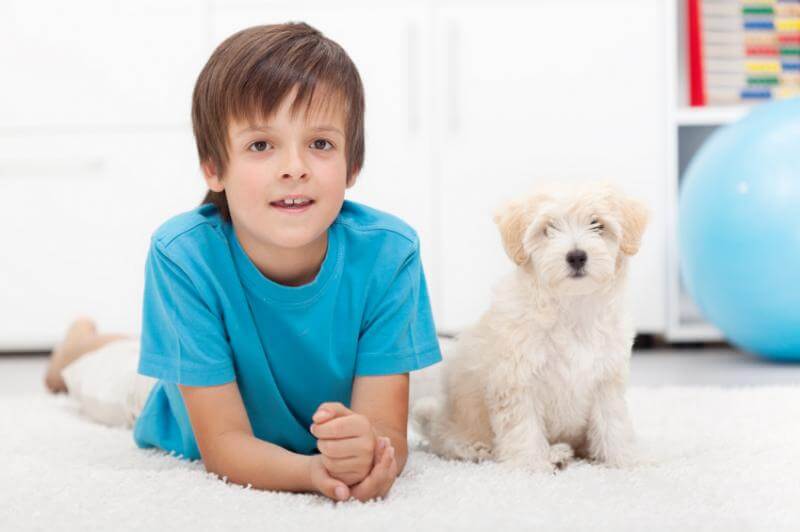Bringing home a new puppy is always exciting. However, it’s also a big responsibility. Make sure that you and your family are prepared for the short term, high demands of a puppy as well as the 10+ year commitment of caring for a dog through their lifespan.
You’ll want to examine the monthly costs of caring for a dog as well as the daily time commitment. Here are a few tips to help you prepare for bringing home little Baxter.
Start with some research
If there is more than one person living in your home, maybe a family discussion is a good place to start. You’ll want to consider allergies, how children may interact with a puppy and what breed might fit with your lifestyle. Know that puppy behavior is different than that of an adult dog and the special considerations and time demands required.
Make sure your home is prepared for a new puppy
Decide whether your new puppy needs free range access to your entire home or whether limited access to certain areas may work best. For example, you might not want your new puppy in your bedroom eating your slippers. It may prove simple to close off restricted areas by simply shutting a few doors or you may want to purchase a few puppy resistant gates especially if you have stairs in your home.
You’ll also need to consider what kind of access to the outdoors your puppy should have. If your yard is not properly fenced then you may want to limit outdoor activity to only times when you are able to supervise. However, if you feel confident that your new puppy is unable to squeeze under, jump over or chew through your fencing, then you may want to consider a doggy door for them to roam outside at will.
Puppy gear
You’ll want to ensure that you have proper bedding and feeding supplies for your new puppy. You need at least one food bowl and one water bowl. Remember that puppies are small and you’ll need bowls that don’t have a very high lip so that it’s easy for them to get their heads over the side and into the water or food.
Bedding can be as simple as a special blanket or pad just for them. However, you may want to consider crate training your puppy. Know that depending on your dog’s breed, they may grow much larger over time and require larger bedding as they get older.
As puppies get their teeth, they like to chew. Chew toys may help save the destruction of your shoes or homework. You’re new puppy will also need a little bling. Make sure you get them a collar and ID tags as well as a leash for walking. Find the right sized dog brush for your little dude and grab some mild puppy shampoo and conditioner for grooming. Human shampoo and conditioner can often irritate their sensitive skin.
Potty time
Decide where to train your puppy to pee and poop. Make this area easily available to them. Know that bathroom training is a process and many accidents may occur along the way. Prepare for cleanup and consider removing rugs on hard floors for easier cleanup or placing rugs over carpeted floors for protection.
Medical care
Bring your new puppy to our practice for a first check-up and vaccinations. We strongly encourage spaying or neutering.

